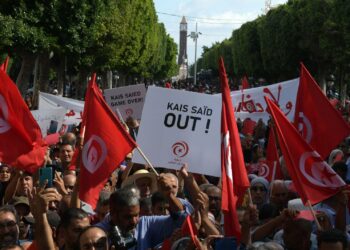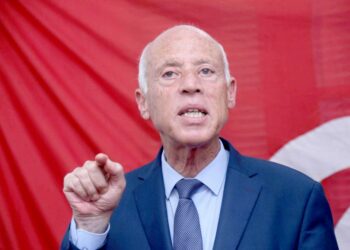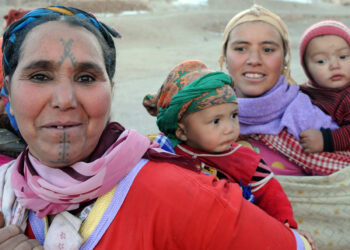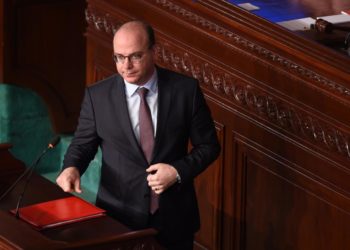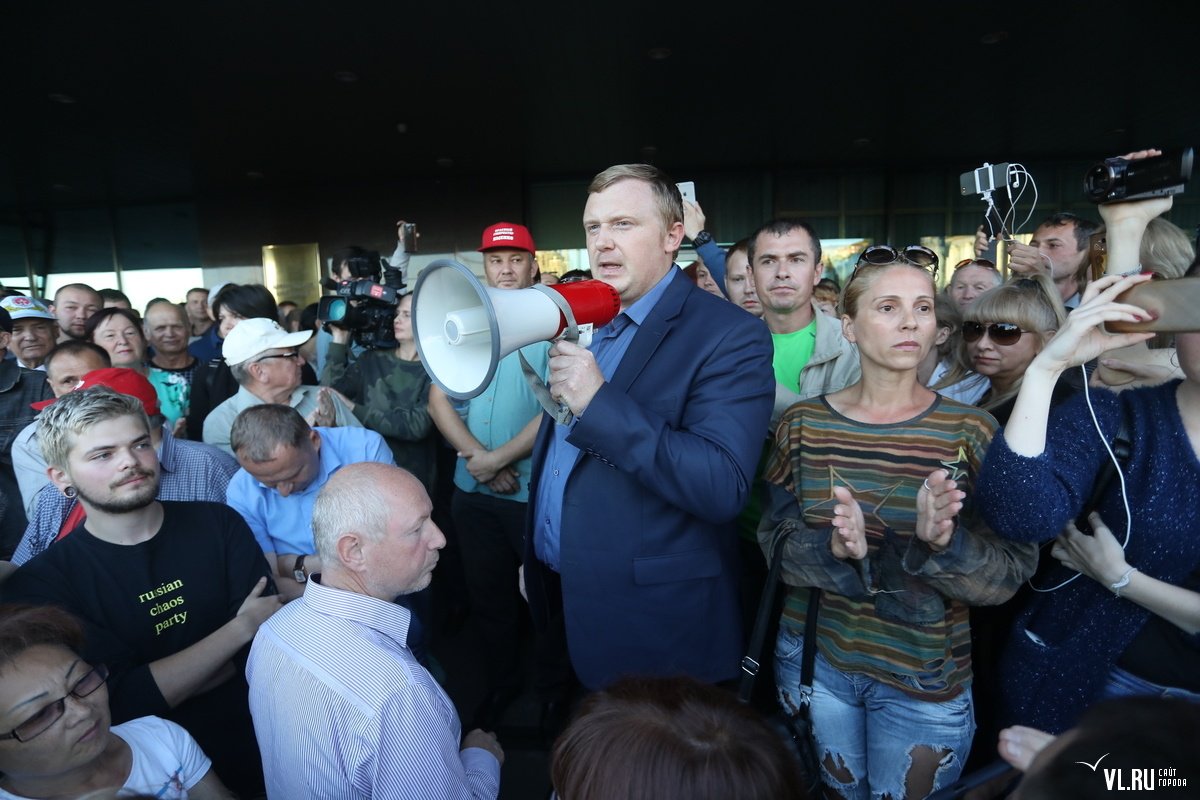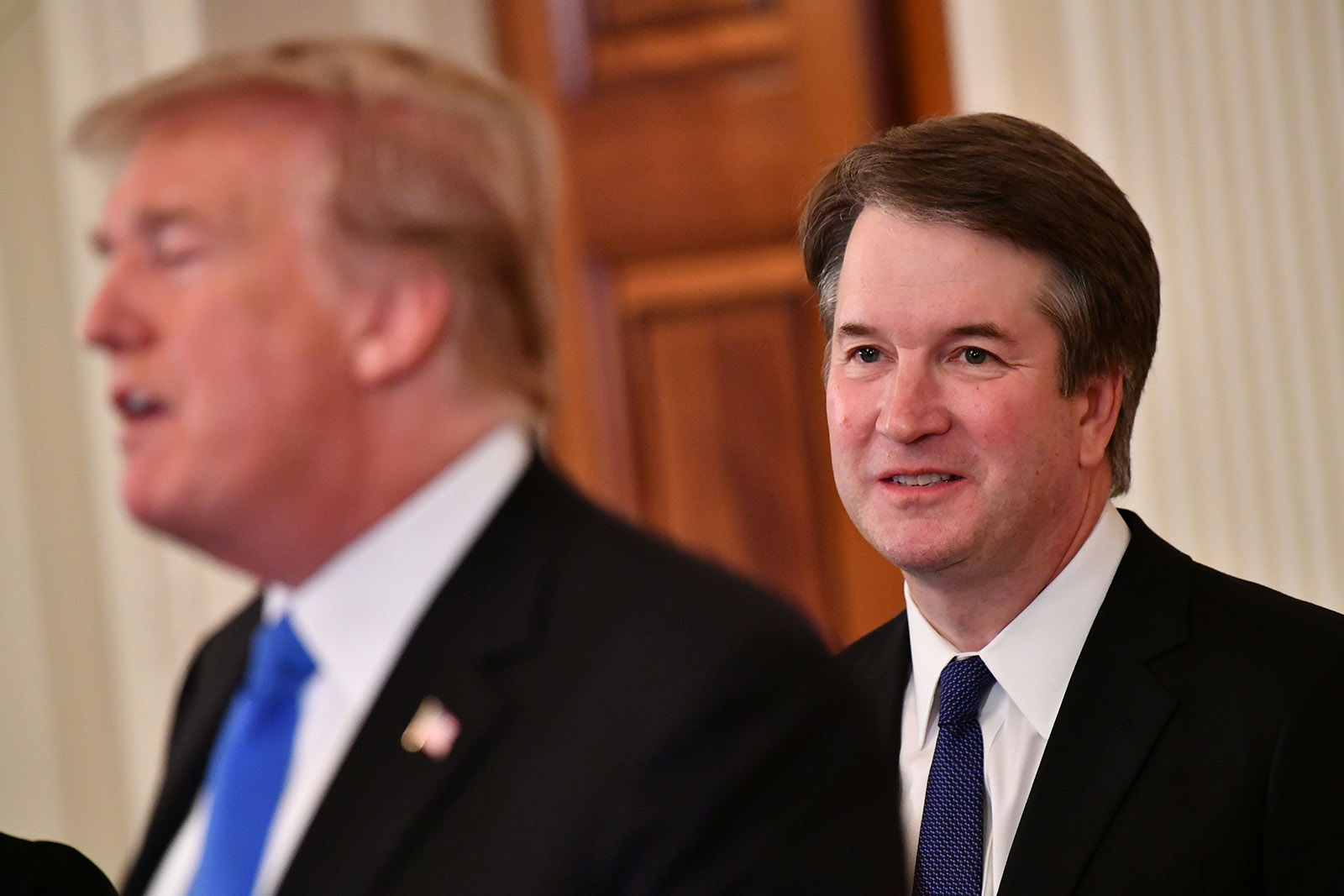During a nationally televised speech at the presidential palace of Carthage on August 13, Tunisian President Beji Caid Essebsi announced his plan to submit a draft bill to parliament to make the country’s inheritance law more equal.
This announcement follows the call for reforms of the Presidental Committee on Individual Freedom and Equality as written down in their 300-page report published last June. The committee, headed by Bochra Belhadj Ben Hamida who also co-founded Tunisia’s historical feminist organization, was established on August 13 last year, exactly one year prior to Essebsi’s announcement. The committee’s mission is to research how Tunisia’s legislative system can be made compatible with the principle of individual rights. This principle is expressed in article 21 of the 2014 constitution that was adopted in the wake of Tunisia’s Jasmine Revolution that overthrew longtime President Zine El Abidine Ben Ali.
The initiative to reform the inheritance law triggered a process of contestation headed by Noureddine El Khademi, who served as religious affair minister between December 2011 and January 2014 under the Islamist Ennahda Party-led government.
Khademi mobilized a network of religious associations and claimed that the presidential initiative is in fact against the constitution as article 1 states that “Tunisia is a free state, independent, sovereign, Islam is its religion (…),” and article 6 that “the state is the protector (ra’ya) of the religion.” Since the rule of inheritance is unambiguously stated by the Quran, “Allah instructs you concerning your children: for the male, what is equal to the share of two females “ (4:11), the proposed reform is not a matter of ijtihad (interpretative effort), Khademi argues. Thus, he reasons, the state must protect the existing law as part of its role of protector of Islam.
Initially, on a superficial level, these events may be framed as a struggle between progressive and conservative forces in society. As I will explain in this article, however, the social and political reality is much more nuanced and complex. To be able to grasp this complexity it is important to keep in mind the historical context of today’s controversy. On the one hand, there is the decades-long national debate on secularism and modernity. On the other, there is the more recent – for some quite controversial – political framework of including moderate Islamists in the process of democracy building.
Reformists versus Modernists
Since the late 19th-century, the Muslim world has been divided into two intellectual trends: reformists and modernists. The first claimed that nation-state and modernity should only be accepted by Muslims within the frame of Islam. The latter, assimilating modernity in its European/enlightenment version, thought that as in Europe, modernity should come from the secularization of society.
This debate crossed over to the 20th-century and became part of a larger political struggle in which those standing for a secular vision of the state were, in fact, the westernized elite who often allied with the authoritarian state. As such, identity politics and opposition to dictatorship came together as soon as the opposition to this nationalist/modernist project came to the forefront. Paradoxically enough, the modernist elites claimed to support human rights, while at the same time condoning repression against those who pretended to build the modern state under the guise of Islam.
Tunisia is a case in point. The modernist narrative of the country is based on the much-celebrated Code du Statut Personnel (CSP). This 1956 family code is not only the symbol of women equality but also of the authoritarian modernism of the first president, Habib Bourguiba.
It was not by chance that the current president made his speech on August 13 as this is both the commemoration of the CSP and, for this very reason, Tunisia’s women’s day. By choosing the same date and topic, Beji Caid Essebsi intended to leave his mark on the modernist history of the country.
Constitutional Compromise
That being said, the initiative to reform the inheritance law could actually threaten Tunisia’s democratization process, as the inclusion of the Islamist moderate party is another important pillar of this very process. As acknowledged by all the observers, the success (so far!) of the Tunisian “spring” was in large part due to the willingness of seculars and Islamists to make a constitutional compromise; the same compromise that seems to be threatened by this presidential initiative.
The constitutional architecture was based on a delicate balance between Islam as the symbol of the Tunisian nation and the affirmation of individual rights. The second paragraph of the preface of the constitution shows this very clearly. It states that “the attachment of our people for the teachings of Islam” is “characterized by openness and moderation, human values, and the principles of universal human rights ” and “based on the foundation of (our) Arab Islamic identity and the human civilization acquisitions(…).” (author’s personal translation from Arabic)
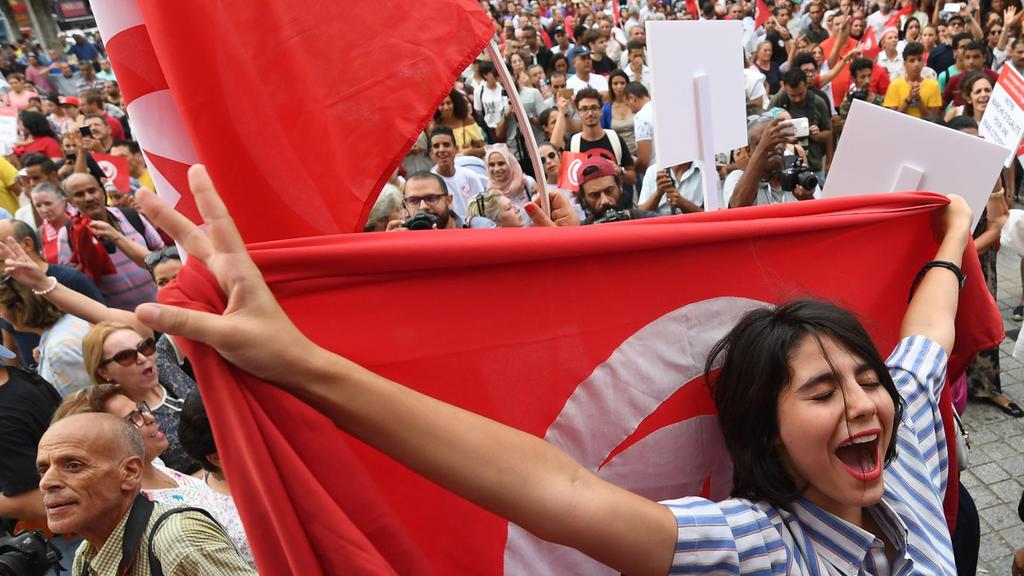
For the leadership of Ennahda, it was possible to accept democracy because the definition of the nation-state was shaped around Islam, which also means that certain basic principles are not freely interpreted. The new constitution did in fact integrate Islam in the identity of the Tunisians but in a reformist vision. Since democratization achieved the affirmation of Islam in the constitution, the party could now accept democracy and engage in governing. If the basic tenants of the implicit constitutional deal around Islam were to be discussed again, however, Ennahda would be obliged to go back to its original role of “defender of Islam” and mobilize street politics.
Inheritance Initiative as Political Attack
From this point of view, the work of the committee that researches how Tunisia’s legislative system can be made compatible with the individual rights stated in the constitution can be considered as a political attack on the constitutional compromise with the Islamists. Even more so since the committee’s president is one of the leaders of the group of deputies that split from secular center-left Nida Tounes in 2015 when this party opted for a national unity coalition with the Islamist Ennahda. The composition of the committee did not show any attempt of compromise with Islamists either; those in the committee who are supposed to represent an Islamic point of view, like Salahddine Jorchi and Abdelmajid al-Charfi, belong in fact to the modernist trend.
In conclusion, rather than showing a case in point of a democratic Muslim country engaged on the way to civil rights, the crisis enfolded by the presidential initiative accounts better of a revival of an old anti-democratic and up-to-down method of imposing a certain vision of modernity. This procedure of reform comes in fact from a very small intellectual elite, alienated from the rest of society, that pretend imposing its modernist vision without a large societal discussion. In denying the sociological and historical evidence that Tunisia is a country rooted in its Arabo-Islamic heritage, the modernists simply perceive Islam as an obstacle to modernity that can be overcome with legislative cunning and, if needed, authoritarian tools. In this way, all the philosophical and political underpinning of the Tunisian democracy are wiped away.
Disclaimer: The views and opinions expressed here are those of the author and do not necessarily reflect the editorial position of The Globe Post.


